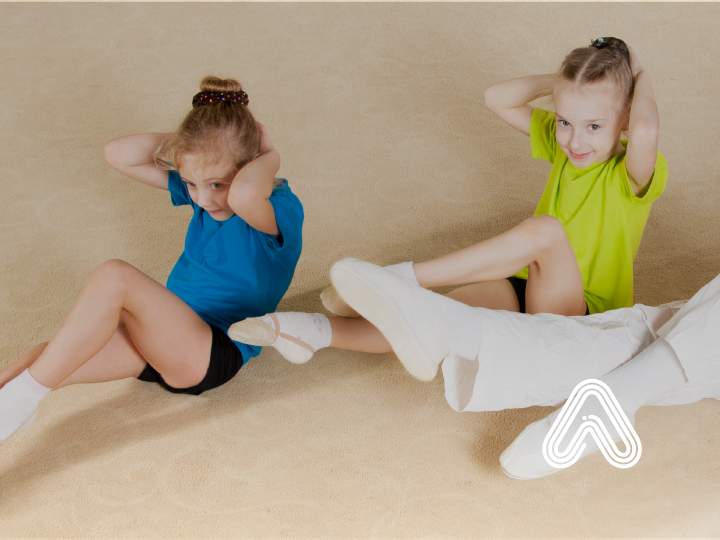Everything teachers need to know about home activity plans

Home activity plans can transform the way that children develop fundamental movement skills outside of PE lessons. By setting assignments out of school, we can accelerate the physical development of each child and increase their confidence to participate in sports and PE.
Additional PE practise helps to increase a child’s ability to perform the fundamental movement skills (FMS) such as throwing, catching, jumping, striking, running, kicking, and agility, balance and coordination. There is a threat that children who don’t master FMS will be less able to participate in sports and enjoy physical activity throughout the rest of their lives.
What are home activity plans?
Home activity plans don’t have to be complicated, but they do need to focus on developing these essential skills to have an impact on children’s progress.
The activities you set depend entirely on your teaching style and your students’ age and abilities. We recommend that you conduct an assessment of their skills, so you can personalise the activities to suit individual needs. This is because each child is different, some may need additional support while others may need to be set more challenging activities. Teachers of younger classes may feel comfortable suggesting yoga poses and stretches, which can be handed out on cards to copy at home. Whereas older classes may benefit from practising exercises that will improve their technical skills, such as learning how to control a ball with both feet.
Whichever style you decide, make sure that you set activities that last for 10-20 minutes a day and pupils are performing them at home for at least three days a week.
Benefits of setting Home activity plans
Here are some of the reasons why you should be setting home activity plans in your school.
Boosts daily activity
Children aged 5-18 years should be getting around 60 minutes of moderate to vigorous activity per day, according to the NHS. By setting regular home activity plans, you can contribute to that goal, which will significantly improve the health and wellbeing of children over time.
Improve physical literacy
Children received the majority of their homework from core subjects, such as Math and English, but by setting home activity plans to focus on PE practises you are demonstrating that it is crucial to be active on a daily basis. Children who understand the benefits of physical activity are much more likely to become physically literate and continue activity throughout the rest of their lives.
Reduces stress
Unfortunately, even very young children can be affected by stress. Activity produces stress busting hormones called endorphins, which help to relieve stress and combat negative emotions. Know you know why they say that active children are happier children.
Develop fundamental movement skills
Children need additional practise away from their structured PE lessons to build technique and develop fundamental movement skills. The most effective way to master these skills is through demonstration, execution and repetition, which the home activity plans will emphasise.

Parental engagement
Parents determine the success of home activity plans, after all they will be the ones who are delivering it at home. If they believe in what you are doing, they will champion the idea and become more engaged with their child’s levels of activity.
Discover what sports kids enjoy
Children should try out as many different activities as they can in order to discover which type of sport they enjoy doing. Enjoyment is the key to success, if they find an activity they enjoy, they will be much more likely to continue it into adulthood.
Maintain fitness all year round
According to a study by ukactive, British school children lost 80% of their fitness during the summer holidays. By setting regular activity homework we can ensure that children’s fitness is maintained throughout the year, even when you aren’t around to monitor it.
Improves focus and attention in class
The mastery of a skill, such as a sport, stimulates the brain and helps to improve a children’s cognitive development. This means that children who are physically active have greater concentration and focus compared to those who do not.
It builds self confidence
By developing fundamental movement skills through home activity plans, each child learns the technical skills to participate in sports in PE. Lower level achievers practise these skills until they progress, which gives them the confidence to play with the high level achievers. Eventually, they will also become high level achievers through skill development and confidence.
As you can see, there are a number of benefits of home activity plans, for teachers, children and parents. To take a look at Amaven’s home activity plans for your school, please book a demo with our friendly team by calling 0161 300 9172.